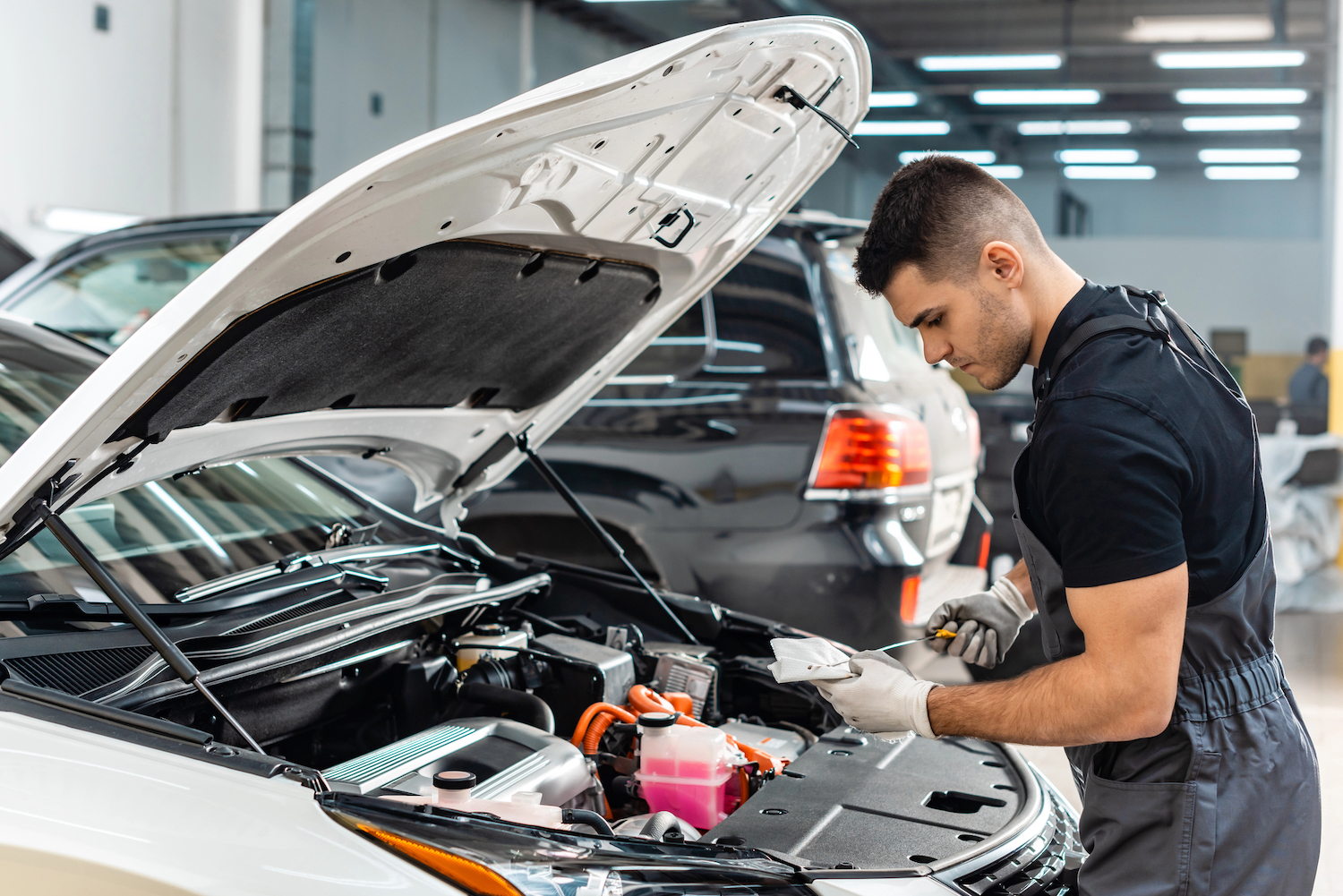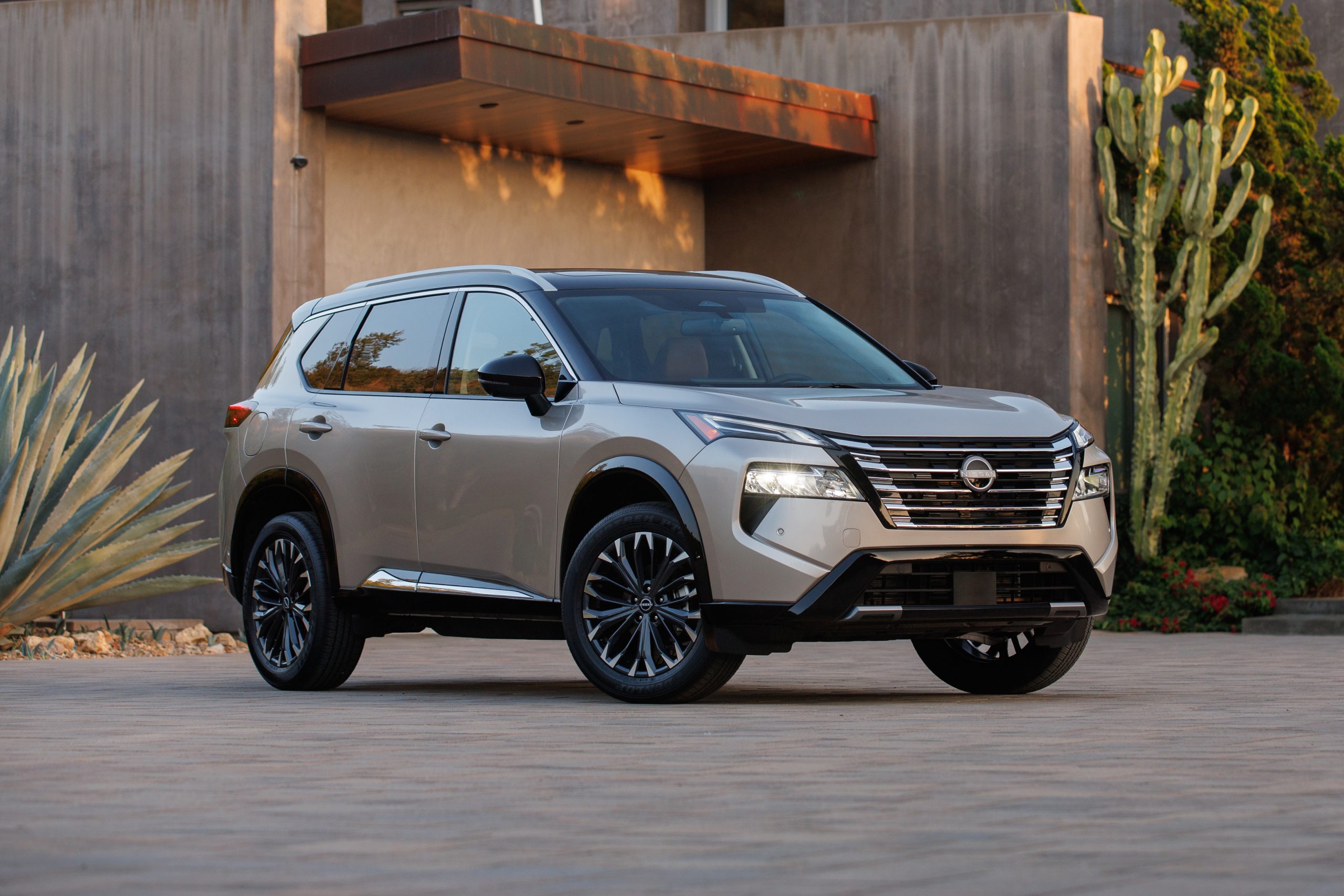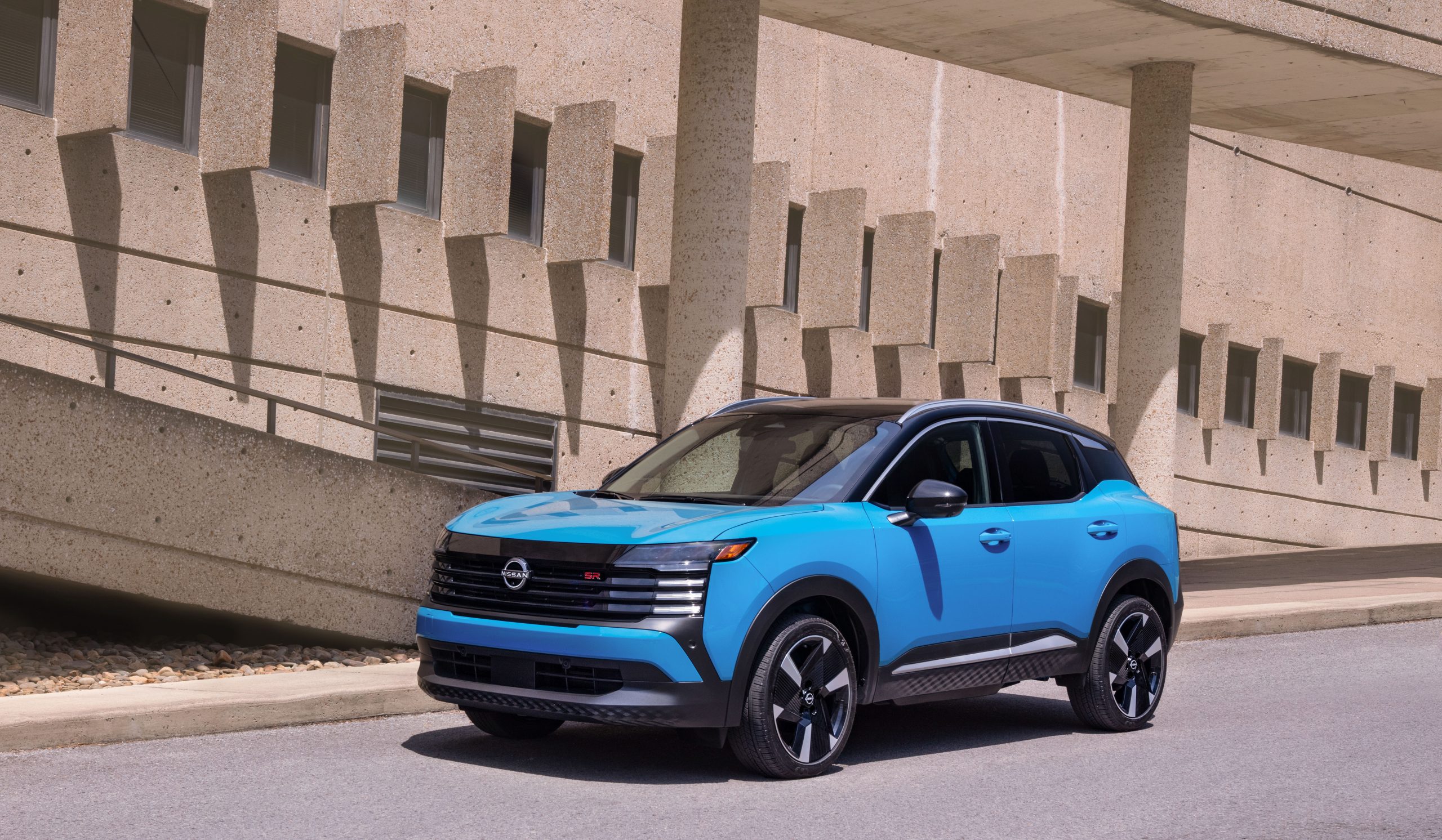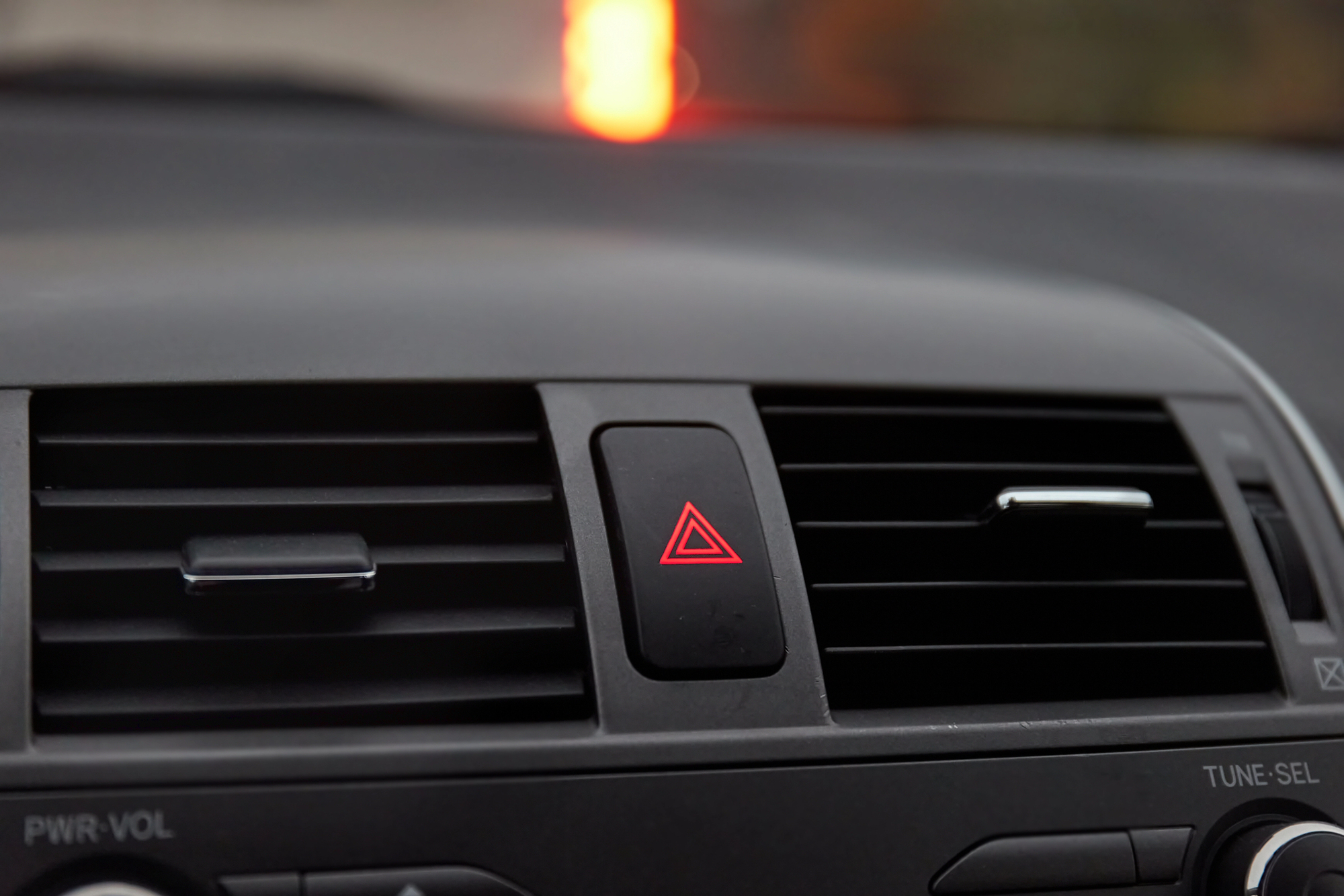A fifth of car owners wrongly fear the shocking impact of cleaning an EV


Despite the fast-growing uptake of electric vehicles (EVs) in the UK, misunderstandings about the technology remain widespread, to the extent that a significant number of consumers wrongly believe that they might sustain a shock if they were to attempt to wash an EV themselves.
In a survey commissioned by Autoglym, the UK’s largest car care company, over a fifth (21%) of the 1,000 UK car owners surveyed agreed with the statement: “If I were to wash an electric car, I fear there might be a risk of receiving an electric shock.”
The trend is even more pronounced among younger drivers, with almost half (46%) of those aged 25 to 34, and 40% of those aged 18 to 24, agreeing with the statement. Older drivers are far less likely to be apprehensive about sustaining a shock when washing an EV, with just 8% of those aged 55 to 64 agreeing.
Meanwhile, car owners in London are most likely to be hesitant about washing an EV due to a potential shock (45% agreeing with the statement), in stark contrast to those in Wales (just 7%).
Motoring journalist, TV presenter and transport campaigner, Quentin Willson, said: “Getting a shock when cleaning an EV is a very old myth and completely false. Car makers rigorously test battery EVs for safety and perform special water soak tests to make sure all high voltage components are insulated and consumers are always protected. On YouTube there’s lots of footage of EVs driving effortlessly through heavy floods. There’s no evidence anywhere of someone getting a shock from an EV while cleaning one. Electric cars have been on sale since 2009, so if this was genuinely a danger, we’d know about it by now.”
Keen to debunk the myth and provide reassurance, Lee Irving, Technical Training Manager at Autoglym, added: “We know that the world of EVs can be a mystery to some, but making sure that the misconceptions are rectified is extremely important, especially as we’re all being encouraged to make the switch to this new form of clean mobility. While we recommend owners avoid flooding an EV’s charging port with water, cleaning one is no more dangerous than cleaning a petrol- or diesel-powered vehicle.”
If uncertain, car owners are encouraged to refer to the vehicle’s manufacturer for guidance on cleaning around the charge port area of their vehicle.
If you enjoyed this article, be sure to follow us on Microsoft Start.










